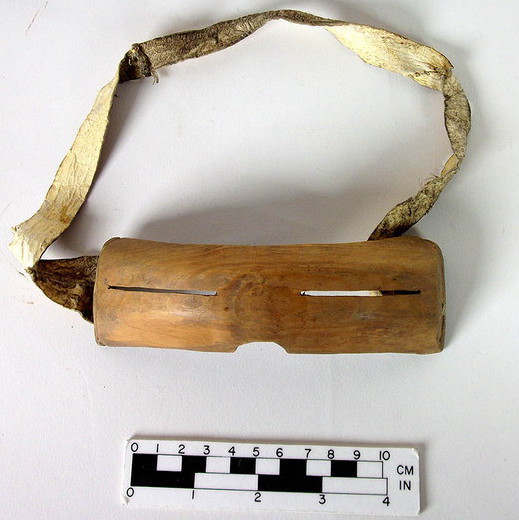Ethnographic methodology will be employed to conduct observation and interviews, review documentation, and immerse in the community’s culture and the worldviews of members of the community.
Surveys, focus groups and interviews will be used to gather information about:
- information needs and seeking behaviours
- the use of metadata standards and practices suitable for the ISR community
- resources and physical materials to be digitized and incorporated into the digital library
Grounded Theory will be used to analyze the qualitative data gathered in order to draw out dominant themes that represent information needs, behaviours and practices of the participants.
Finally, a user-centered evaluation of the digital library and metadata framework will be conducted to ensure its usability and usefulness.

![By Roy Goose (Own work) [CC-BY-SA-3.0 (http://creativecommons.org/licenses/by-sa/3.0)], via Wikimedia Commons](images/camp.jpg)
